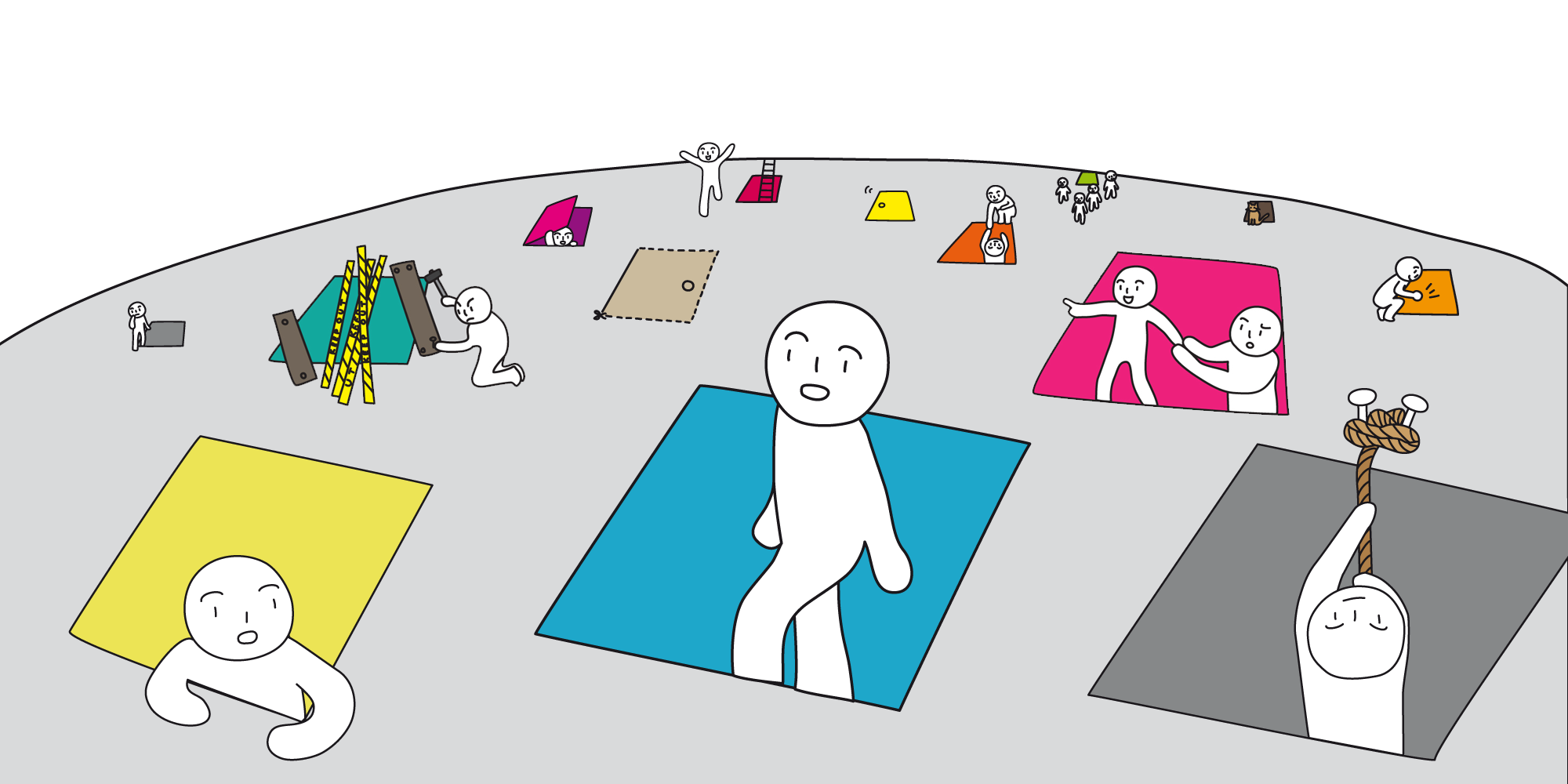Conferences, Lectures, Workshops

STARTS Talks
FRI 6.9. | 17:00 – 18:00 At the STARTS Talks the STARTS Prize’19 winners will present their approaches and perspectives, their working methods and the results they achieved.
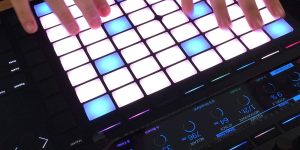
We Revolutionize Music Education: The Neuromusic Education Simulator (NES)
Gerald Wirth (AT), Wiener Sängerknaben/VIve Kumar (IN), Athabasca University (US)
In cooperation with developmental psychologists and pedagogues, Professor Gerald Wirth developed his engagement-centric teaching methodology – the wirth method – aiming at constant high-level student attention. Through neuronal networks activated when using movement to support teaching and through repetitions with variations, contents are sustainably stored in the long-term memory. The use of NES based on the wirth method applying VR & AR allows teachers and students in addition to personal tuition, to practice, gain experience and receive feedback.

ACIDS: Artificial Creative Intelligence
Philippe Esling (FR)
The Artificial Creative Intelligence and Data Science (ACIDS) team at IRCAM seeks to model musical creativity by targeting the properties of audio mixtures. This studies the intersection between symbol (score) and signal (audio) representations to understand and control the manifolds of musical information.

Automatic Music Generation with Deep Learning – Fascination, challenges, constraints
Ali Nikrang (AT)
In recent years, there has been a great deal of academic interest on applying Deep Learning to creative tasks such as for generating texts, images or music with fascinating results. Technically speaking, Deep Learning models can only learn the statistics of the data. Thus, they often can learn relationships in the data that human observers have not been aware of, and can therefore serve as a new source of inspiration for human creativity. This workshop focuses on current technical approaches for automatic music generation.

Creating interactive audio systems with Bela
Andrew McPherson (UK)
The workshop will provide an introduction to Bela, an open-source embedded hardware platform for creating interactive audio systems. Participants will get a hands-on introduction to building circuits and programming using Bela, following a series example projects to introduce the basis of building real-time audio systems.

Legal framework for STARTS Collaborations
FRI 6.9. | 15:15 – 16:45 Based on successful examples from realized projects, panel participants discuss the suitable conditions for a legal framework for interdisciplinary collaboration projects, including new business models, different legal options and intellectual property rights.
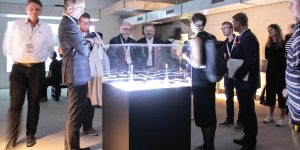
In Posse
Charlotte Jarvis (UK)
SAT 7.9. | 15:45 – 16:15 In Posse is a work in progress. Artist Charlotte Jarvis is collaborating with Prof Susana Chuva de Sousal Lopes in Leiden, Biotehna / Kersnikova Institute in Ljubljana and MU Gallery Eindhoven to make the world’s first “female” semen. Workshop participants are invited to help Charlotte form the project at this early stage.
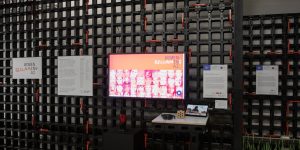
Women reclaiming AI
Birgitte Aga (NO), Coral Manton (UK)
SAT 7.9. | 13:00 – 14:30 Women Reclaiming AI invites you to take part in a workshop designing an alternative AI Voice Assistant created by a growing community of self-identifying women (trans, intersex and cis) and all nonbinary, agender and gender variant people.
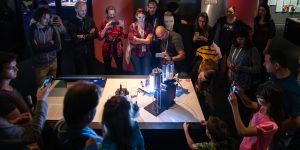
Expert Tour: Music Monday
Werner Jauk (AT), Tilman Hatje (DE)
The Sound Art Course “Music Monday” is a longstanding Ars Electronica tradition. The tour is a listening journey through the plurality of relationships between music / sound art and the media arts.

Recommenders and Intelligent Tools in Music Creation: Why, Why Not, and How?
Christine Bauer (AT), Peter Knees (AT), Richard Vogl (AT), Hansi Raber (AT)
This workshop will highlight the role of Artificial Intelligence, Machine Learning-supported composition, and Recommender Systems in the process of music creation. We discuss their reception and prevalent image among professional music producers and creators, including the potential threats these technologies pose to their artistic originality. We contrast this view by emphasizing the power of AI-technology for a democratization of music making, by lowering the entrance barrier of music creation.
